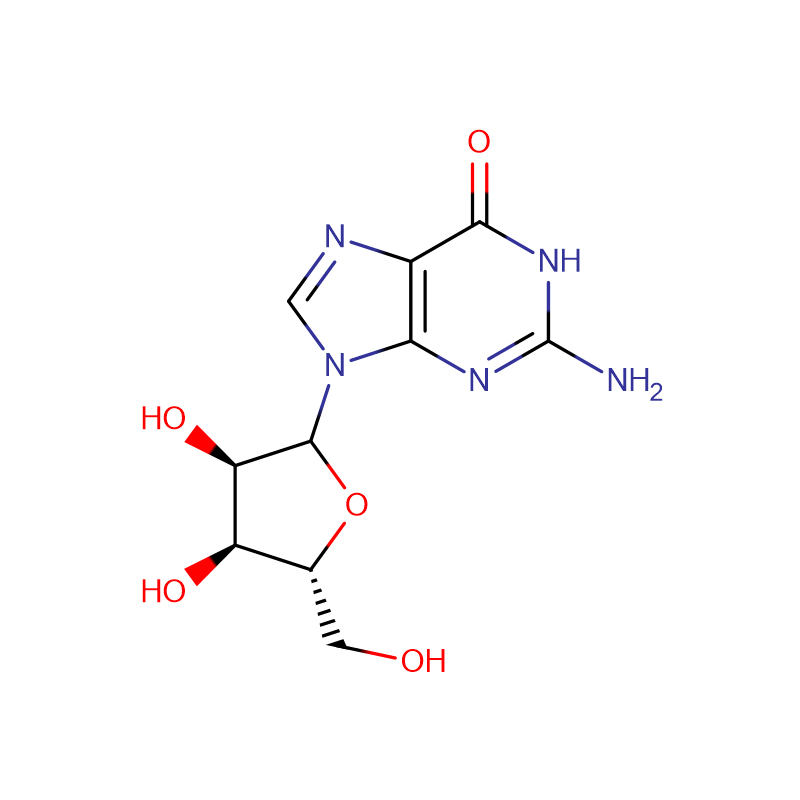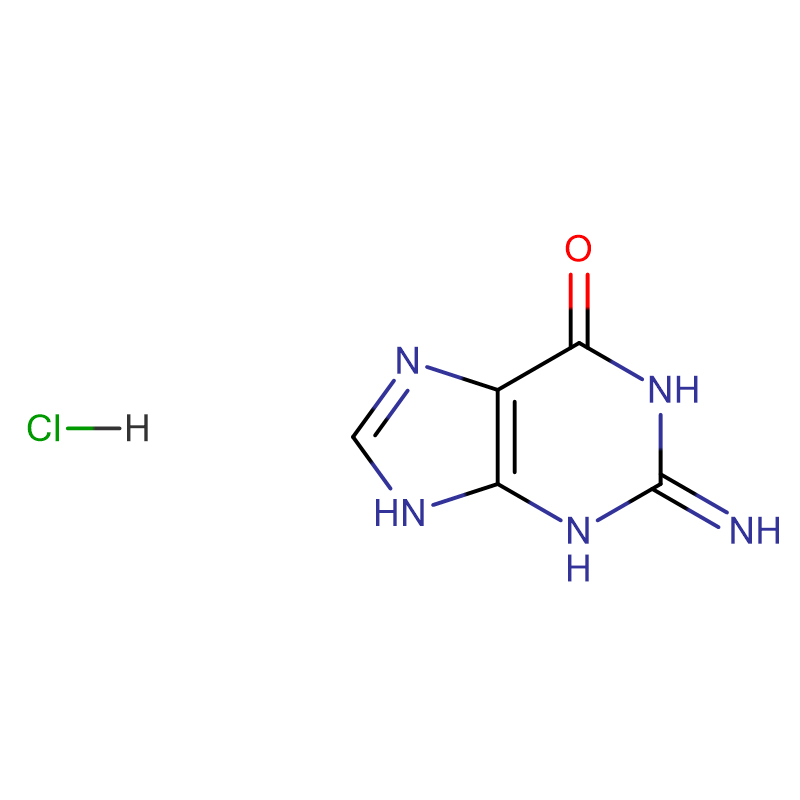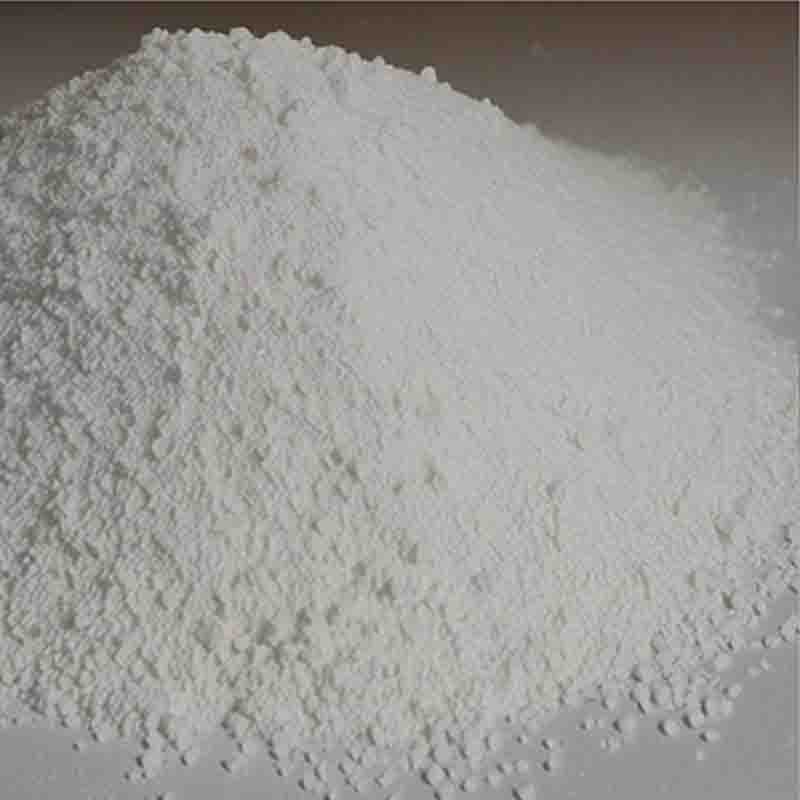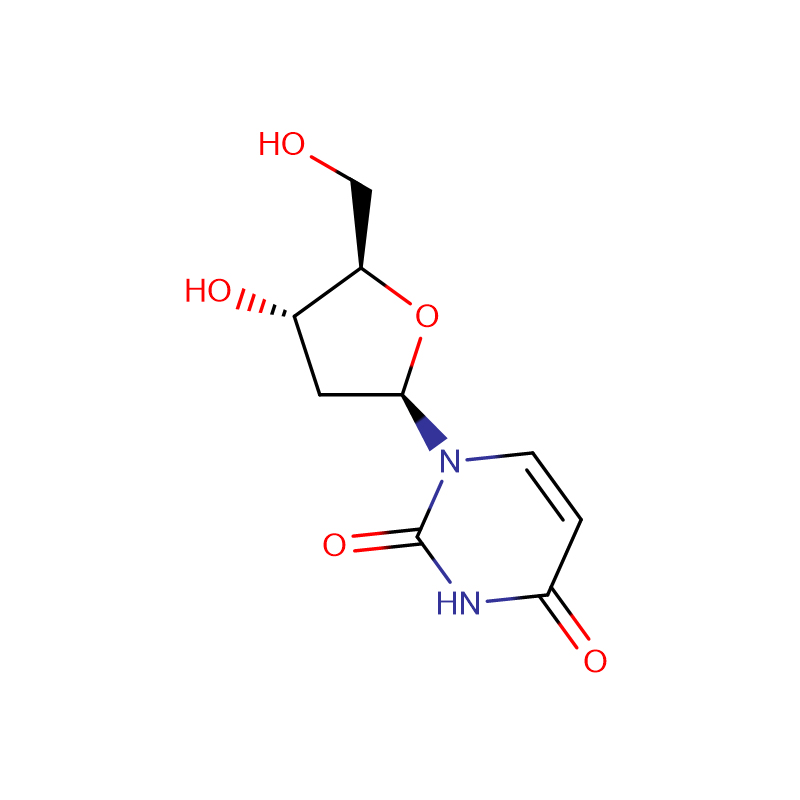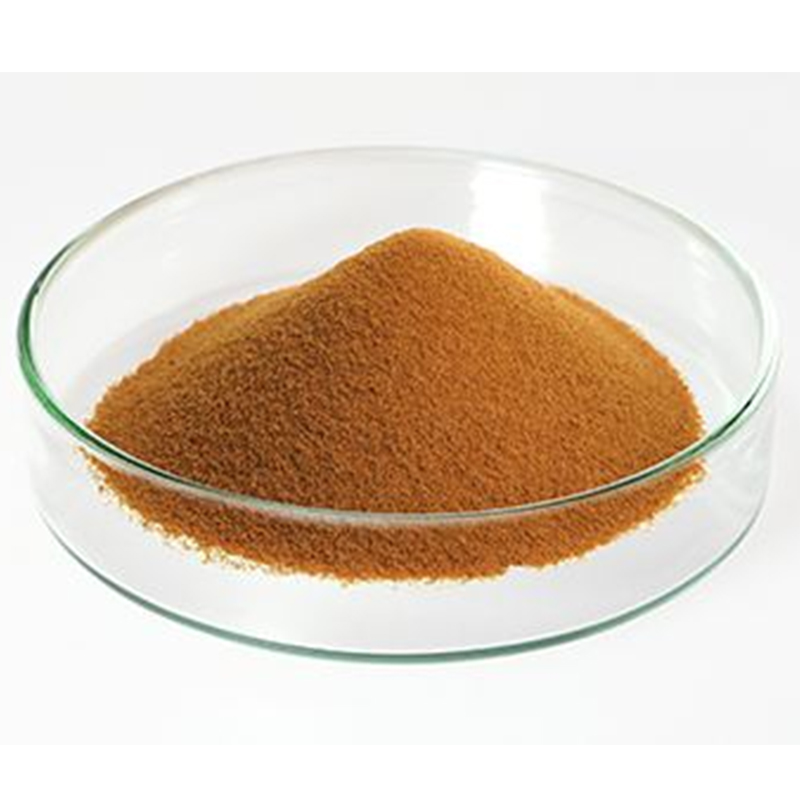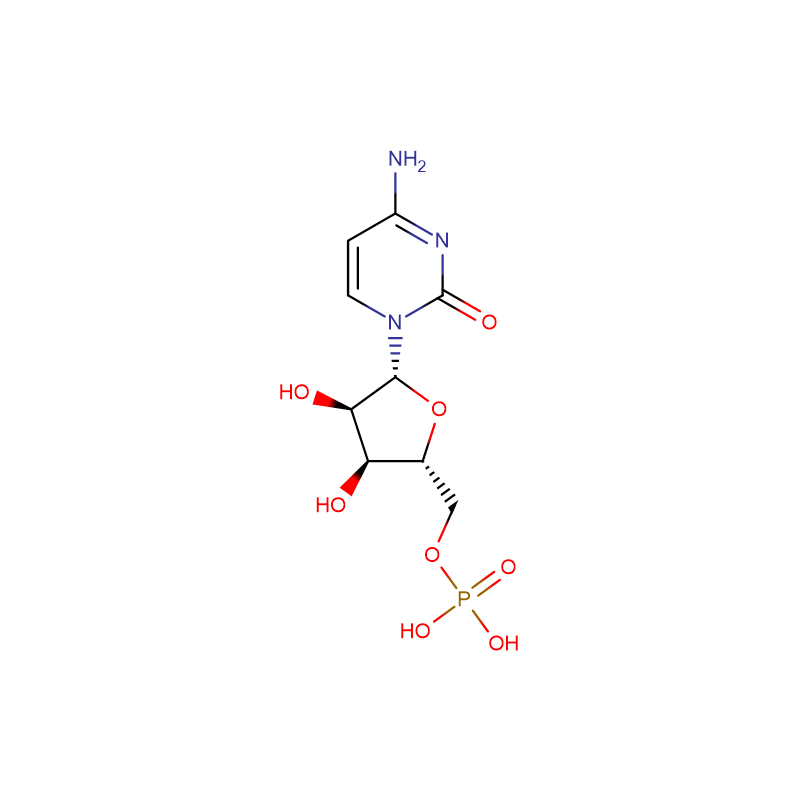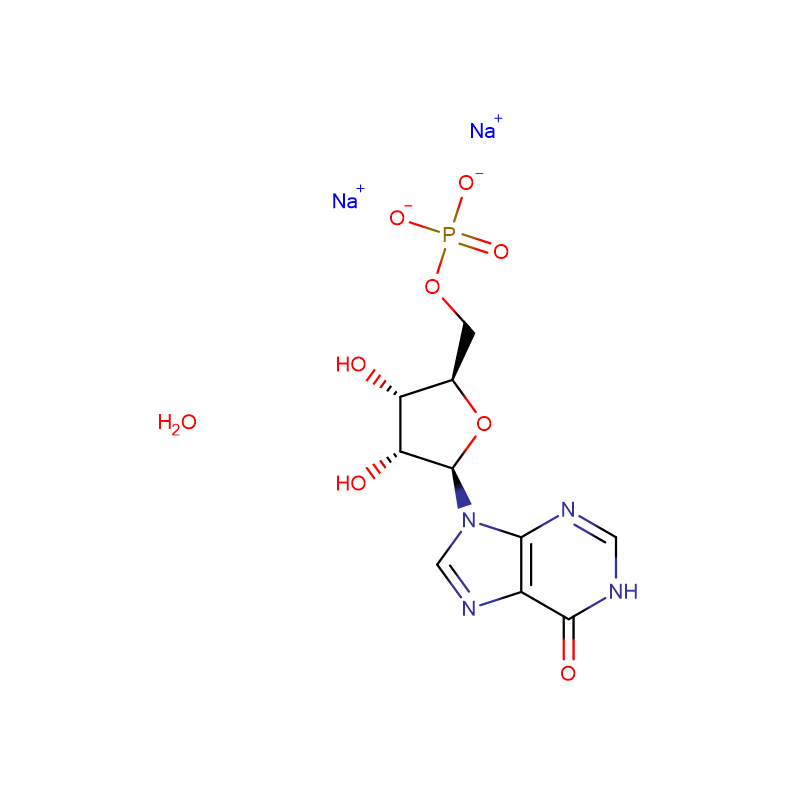Guanosine Cas:118-00-3 White to off-white crystalline powder
| Catalog Number | XD90757 |
| Product Name | Guanosine |
|
CAS |
118-00-3 |
|
Molecular Formula |
C10H13N5O5 |
|
Molecular Weight |
283.24 |
| Storage Details | Ambient |
| Harmonized Tariff Code | 29349990 |
Product Specification
| Appearance | White to off-white crystalline powder |
| Assay | 99% min |
| Heavy metals | <10ppm |
| AS | <1ppm |
| Residue on Ignition | <0.1% |
Several guanosine analogues, i.e. acyclovir (and its oral prodrug valaciclovir), penciclovir (in its oral prodrug form, famciclovir) and ganciclovir, are widely used for the treatment of herpesvirus [i.e. herpes simplex virus type 1 (HSV-1), and type 2 (HSV-2), varicella-zoster virus (VZV) and/or human cytomegalovirus (HCMV)] infections. In recent years, several new guanosine analogues have been developed, including the 3-membered cyclopropylmethyl and -methenyl derivatives (A-5021 and synguanol) and the 6-membered D- and L-cyclohexenyl derivatives. The activity of the acyclic/carbocyclic guanosine analogues has been determined against a wide spectrum of viruses, including the HSV-1, HSV-2, VZV, HCMV, and also human herpesviruses type 6 (HHV-6), type 7 (HHV-7) and type 8 (HHV-8), and hepatitis B virus (HBV). The new guanosine analogues (i.e. A-5021 and D- and L-cyclohexenyl G) were found to be particularly active against those viruses (HSV-1, HSV-2, VZV) that encode for a specific thymidine kinase (TK), suggesting that their antiviral activity (at least partially) depends on phosphorylation by the virus-induced TK. Marked antiviral activity was also noted with A-5021 against HHV-6 and with D- and L-cyclohexenyl G against HCMV and HBV. The antiviral activity of the acyclic/carbocyclic nucleoside analogues could be markedly potentiated by mycophenolic acid, a potent inhibitor of inosine 5'-monophosphate (IMP) dehydrogenase. The new carbocyclic guanosine analogues (i.e. A-5021 and D- and L-cyclohexenyl G) hold great promise, not only as antiviral agents for the treatment of herpesvirus infections, but also an antitumor agents for the combined gene therapy/chemotherapy of cancer, provided that (part of) the tumor cells have been transduced by the viral (HSV-1, VZV) TK gene.


